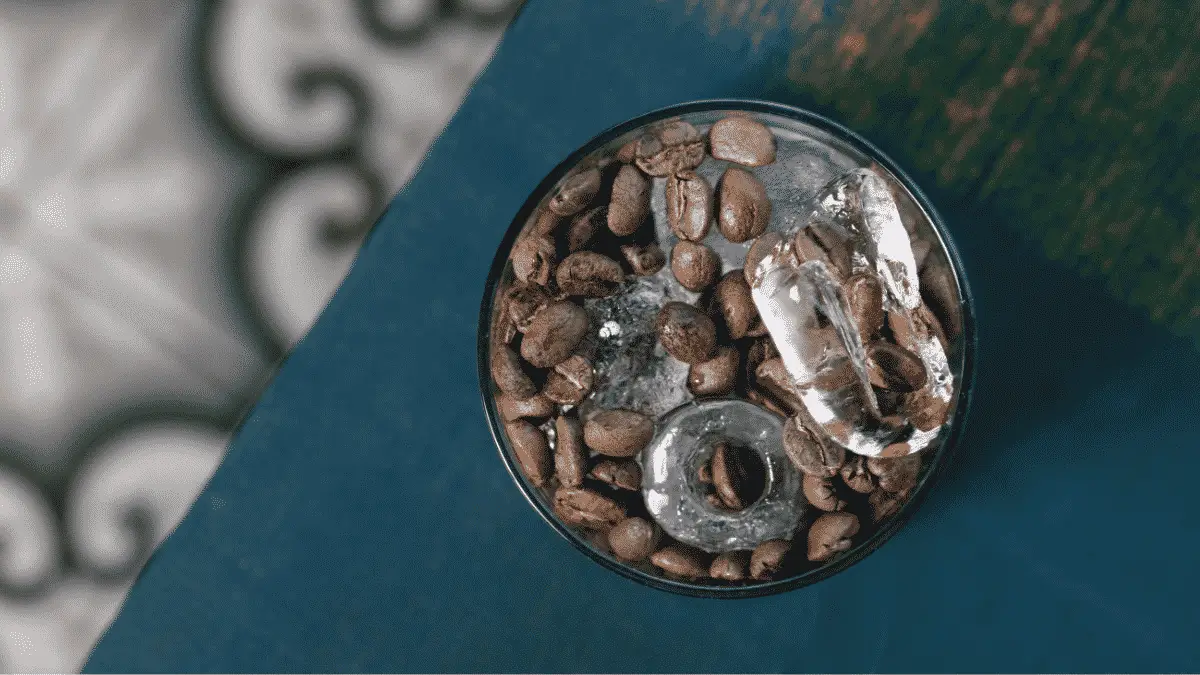It’s in our human nature to always seek for the best. We have established countless ways to deduct what’s best. That’s why when there’s a draw in sports, both sides are usually disappointed. We want to be the best or use the best (in our case, drink the best). In fact, you’re reading this post because you want to understand:
- Is cold brew coffee stronger than regular coffee?
- Is cold brew coffee stronger than iced coffee?
- Is cold brew coffee stronger than espresso?
In that case, you’re in the right place. We’ll cover in this post these three questions. You’ll find some scientific data to back up our claims and a bit of our opinionated expert opinion (we love cold brew after all).
Let’s start with the notorious topic of caffeine!
Is there more caffeine in cold brew coffee?
There isn’t a straight forward answer to that question. That’s because cold brew is the most versatile coffee out there. That makes it incredibly customizable, and that’s one of the reasons we love it. Therefore all the ingredients we add are different and dilute the cold brew differently. If we’re to compare a cold brew concentrate with other types of coffee, we can claim it has more caffeine. But that wouldn’t be fair.
In a standard scenario, cold brew coffee has 20mg in an ounce (30ml), espresso has 40mg per ounce. On the other hand, regular coffee has around 12mg and iced coffee roughly 15mg per ounce after diluting. Unfortunately, even this doesn’t provide a clear indication which coffee has more caffeine. For starters, these are 4 different types of coffee. The ingredients, while essentially are the same, the ratio is different in each. To further clarify: a cold brew concentrate has more caffeine than iced coffee because the latter has already been diluted.
Where does the espresso stand then? And what about regular coffee? You can see why having this debate will not help us understand which coffee is actually stronger. Here’s a fact: caffeine is simply the stimulant that our central nervous system recognizes, but definitely not a measuring coffee strength metric.
FUN FACT: Based on the CaffeineInformer, people should consume up to 60mg per 22 pounds (10kg) of their weight per day. For example, if you weigh 132 pounds (22 pounds X 6), you shouldn’t consume more than 368mg (60mg X 6) of caffeine per day.
How to measure coffee strength?
Short answer: by measuring the Total Dissolved Solids (TDS). Scientists use this single metric to determine how strong coffee is. TDS is usually represented in percentages. It basically represents the amount of actual coffee in our coffees. So the percentage says how much of the fluid is real coffee. This means the higher the percentage of TDS, the stronger the coffee.
FUN FACT: To be able to calculate TDS, you need a device called a refractometer. A refractometer measures the content of liquids by measuring how fast light travels through the liquid.
If you want a stronger coffee, you will need to take the following into consideration. Some additional factors that affect TDS are the surface area of extraction, duration of extraction, and extraction temperature. The surface area of extraction is literally the surface from which water extracts coffee. Therefore if you cut one bean in three pieces, you gain more space for extraction. Duration will be affected by the temperature of extraction.
Higher temperatures lead to shorter extraction duration, contrary to that lower temperatures lead to longer extraction duration. What does this mean for your coffee? In the high-temperature scenario, you get to extract a bit too much. That’s why your coffee might be too bitter, or you feel it’s burnt sometimes, but it’s stronger in taste. On the other hand, with low temperatures, you extract longer, but you avoid extracting all of it. This is why cold brew coffee is less acidic compared to coffees prepared fast and with high temperatures. But be careful not to under-extract your coffee (brewing it shorter than required) as this will make it sour and pretty much tasteless.
It’s important to note that TDS doesn’t mean your coffee will be tastier. There’s another scientific metric for that. It’s called Extraction Yield (EY) and is represented in percentages, and it calculates the flavor of the coffee. This is calculated by understanding what amount (% wise) of the coffee has dissolved into the water.
FUN FACT: The longer coffee stays in the water, the better the extraction.
We’ve cleared the air; we know that TDS represents the coffee’s strength, and EY reflects the flavor of the coffee. It’s time for us to analyze how cold brew coffee compares to espresso, regular coffee, and iced coffee. Before that, allow me to give you an example of ratios used in a cold brew coffee, so it will be easier to compare these types of coffee.
- Duration of preparation: 12-24 hours
- Coffee: 200g
- Water: 1200
- TDS: 2.8%-3.4% (diluted will be 1.4%-1.8%, but this depends on your preferences)
- EY: 21.12%
Is cold brew coffee stronger than regular coffee?
Yes, in most cases, cold brew coffee is stronger than regular coffee. Because the ratio of coffee and water leads to usually to 1.3%-1.7% of TDS.
Example of ratios used
- Duration of preparation: 3-5 minutes
- Coffee: 18g
- Water: 300g
- TDS: 1.3%
- EY: 21.95%
Is cold brew coffee stronger than iced coffee?
Again yes, very often cold brew coffee is stronger than iced coffee. Besides that, the coffee and water ratio is leading to this. You have on top of that ice, which further weakens the TDS. However, usually, the TDS is similar to regular coffee since more coffee is used initially. This means TDS varies between 1.3% and 1.7%.
Example of ratios used
- Duration of preparation: 3-5 minutes
- Coffee: 60g
- Water: 1000g
- TDS: 1.3%
- EY: 21.95%
Is cold brew coffee stronger than espresso?
No, espresso is stronger than our beloved cold brew coffee. As you can see from the example below, its TDS is 10%, and if the ratios below are respected, even the EY reaches 20%.
Example of ratios used
- Duration of preparation: up to 30 sec
- Coffee: 20g
- Water:40g
- TDS: 10%
- EY:20%
It’s the journey, not the destination
I believe that strength is not a factor when it comes to choosing your coffee. In fact, cold brew coffee wouldn’t have become as trendy if strength was the determining factor. You should drink the one that puts a smile on your face. The one you tell everybody about, but you’re unwilling to share. That’s the ‘strongest’ one. Because numbers don’t matter when it comes to love. And I love my cold brew coffee!

